
Understanding Diabetes: Types, Symptoms, Risks, and How to Manage It
Understanding Diabetes: Types, Symptoms, Risks, and How to Manage It
Diabetes mellitus is a chronic condition that affects how your body processes glucose, also known as blood sugar. Glucose is your body’s primary energy source, especially for your brain, muscles, and tissues. The key issue in diabetes is that blood sugar levels become too high, leading to serious health complications if left unmanaged.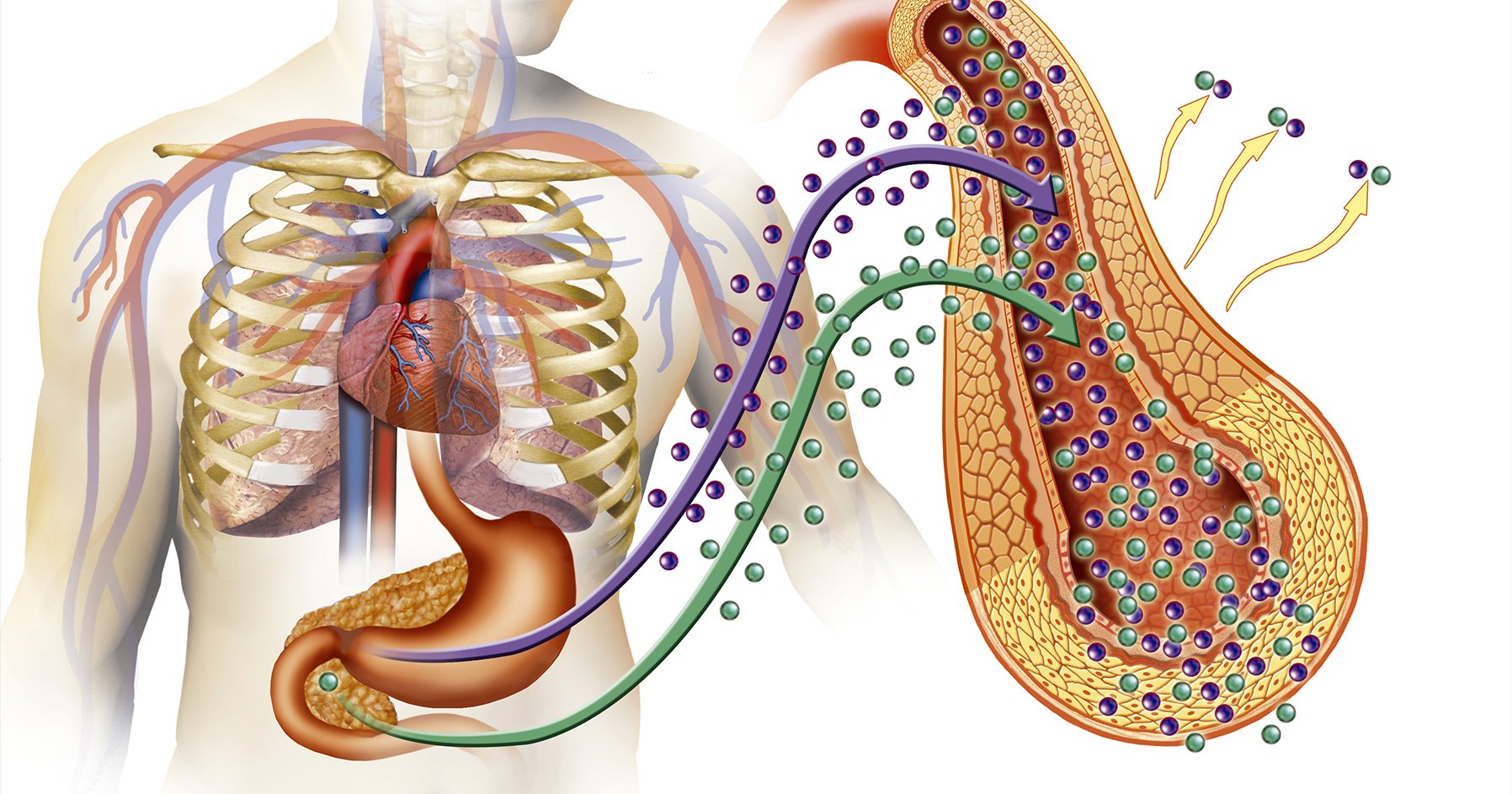
Types of Diabetes
There are several types of diabetes, each with different causes and risk factors:
-
Type 1 Diabetes: An autoimmune condition where the body attacks insulin-producing cells in the pancreas. It often develops in childhood or adolescence but can occur at any age.
-
Type 2 Diabetes: The most common form, usually occurring in adults over 40, but increasingly seen in children. It happens when the body becomes resistant to insulin or doesn’t produce enough.
-
Prediabetes: A reversible condition where blood sugar levels are higher than normal but not high enough for a diabetes diagnosis. Without intervention, it often progresses to type 2 diabetes.
-
Gestational Diabetes: A temporary condition during pregnancy that usually resolves after childbirth. However, it increases the mother’s and baby’s risk of future diabetes.
Early Symptoms of Diabetes
Diabetes symptoms can vary depending on the type and severity of blood sugar imbalance. People with type 1 diabetes often experience rapid symptom onset, while those with type 2, gestational diabetes, or prediabetes may not notice symptoms at all.
Common signs include:
-
Increased thirst and frequent urination
-
Unexplained weight loss
-
Fatigue and weakness
-
Mood changes or irritability
-
Blurry vision
-
Slow-healing wounds
-
Frequent infections (e.g., gum, skin, or urinary)
-
Presence of ketones in the urine (for type 1 diabetes)
If you notice any of these symptoms, consult a healthcare provider as soon as possible. Early diagnosis is key to managing diabetes and preventing complications.
What Causes Diabetes?
At the core, diabetes is caused by issues with insulin—a hormone produced by the pancreas. Insulin helps glucose enter your cells to be used for energy. When you have diabetes, your body either doesn’t make enough insulin or doesn’t use it effectively. As a result, glucose builds up in the bloodstream.
While exact causes can vary, both type 1 and type 2 diabetes have genetic and environmental risk factors.
Who’s at Risk?
-
Type 1 Diabetes: Family history and certain environmental triggers may increase the risk.
-
Type 2 Diabetes: Risk factors include being overweight, inactive, over age 40, or having a family history. Certain ethnic groups—such as Black, Hispanic, Native American, and Asian American individuals—also face a higher risk.
-
Gestational Diabetes: Overweight women and those with a history of gestational diabetes are at greater risk.
Potential Complications of Diabetes
If not managed properly, diabetes can lead to serious long-term complications:
-
Heart disease and stroke
-
Nerve damage (neuropathy) causing pain or numbness, particularly in hands and feet
-
Kidney disease (nephropathy)
-
Vision problems, including blindness
-
Foot complications, potentially leading to amputation
-
Skin infections
-
Hearing loss
-
Alzheimer’s disease (in people with type 2 diabetes)
-
Depression, which is more common among people with diabetes
For pregnant women with gestational diabetes, complications can include:
-
High birth weight in babies
-
Difficult deliveries
-
Newborn low blood sugar
-
Increased risk of childhood obesity and future type 2 diabetes

How to Prevent or Manage Diabetes
While you can’t prevent type 1 diabetes, type 2 diabetes, prediabetes, and gestational diabetes are often preventable with lifestyle changes:
-
Eat a healthy diet: Focus on whole grains, fruits, vegetables, lean proteins, and high-fiber foods.
-
Exercise regularly: Aim for at least 30 minutes of moderate activity most days of the week.
-
Maintain a healthy weight: Losing even 5–7% of body weight can significantly reduce your risk.
-
Monitor your blood sugar: Especially if you have prediabetes or a family history of diabetes.
-
Talk to your doctor: In some cases, medications like metformin may be recommended.
Final Thoughts
Diabetes is a serious but manageable condition. With early detection and the right lifestyle choices, you can reduce your risk of complications and live a healthy, active life. Whether you're managing diabetes or trying to prevent it, consistent habits and regular check-ups are key.
If you're experiencing symptoms or are at risk, don't wait—speak with a healthcare professional today and take control of your health.
News in the same category

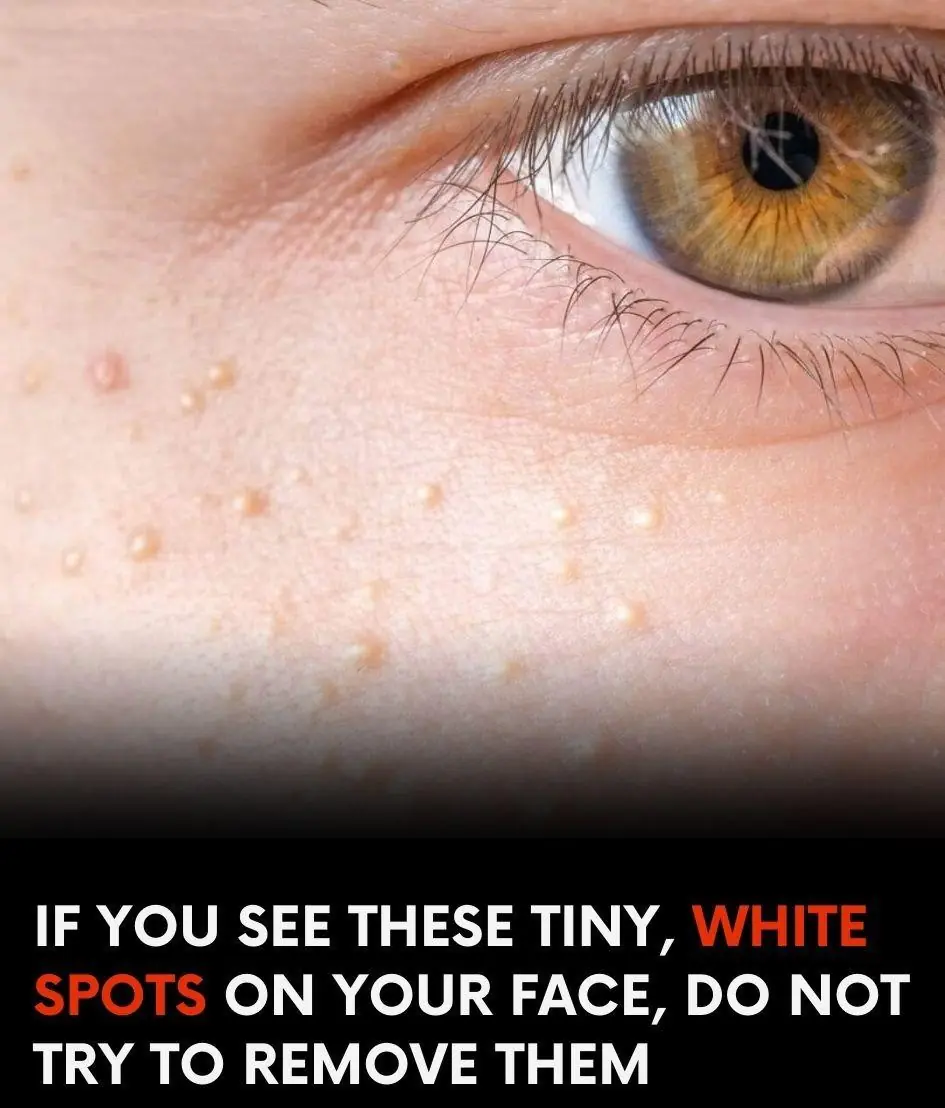
How to Safely Remove Milia
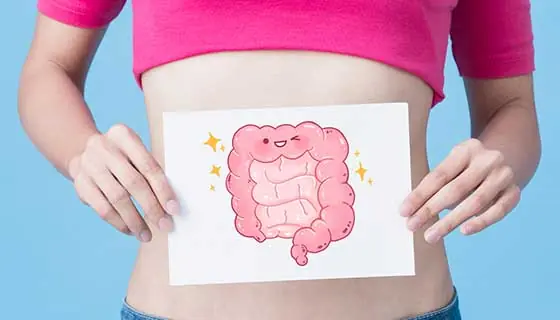
Natural Methods to Destroy Bloating and Heartburn-Causing Bacteria in Your Gut
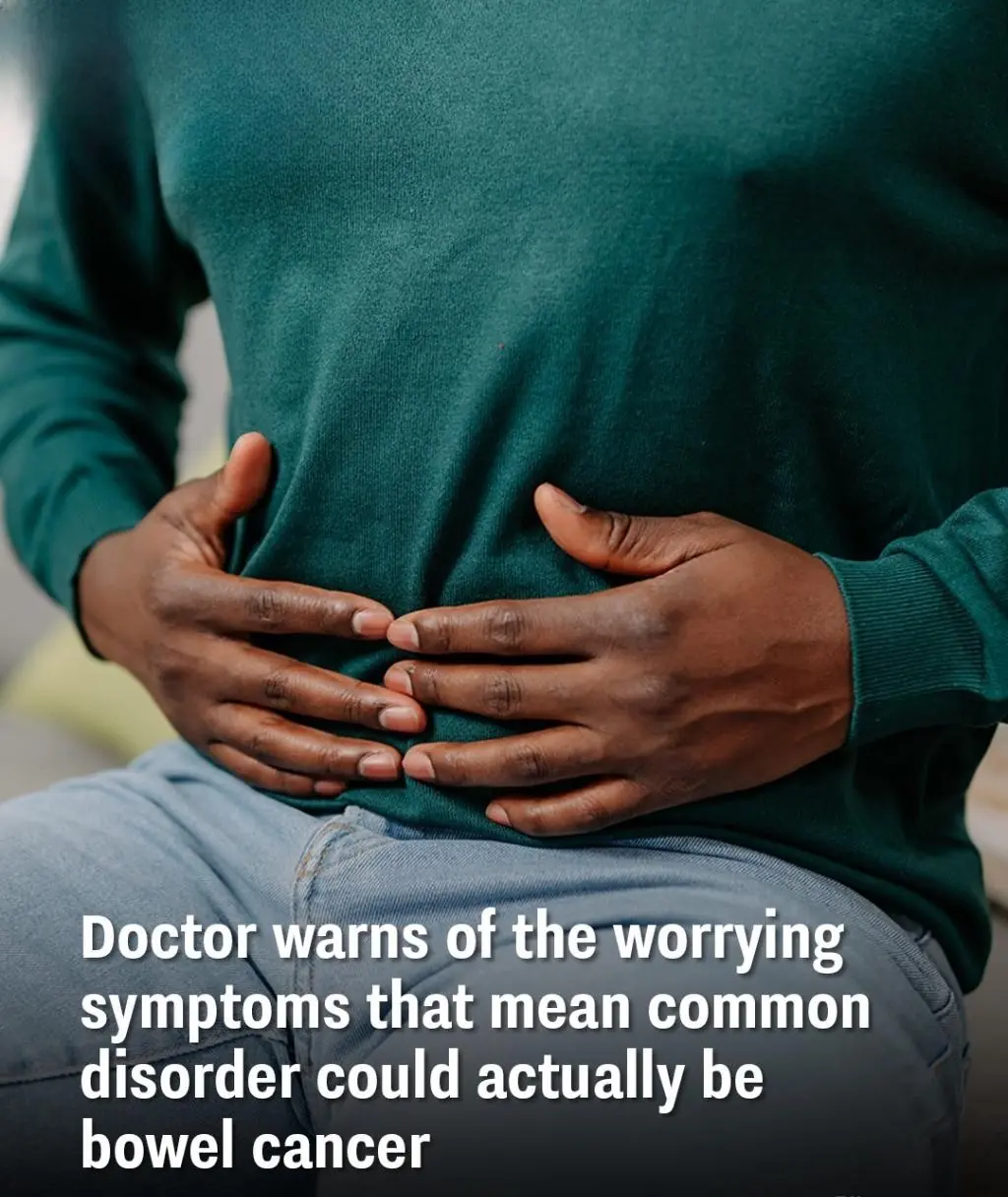
Doctor warns of the worrying symptoms that mean common disorder could actually be bowel cancer

15 Early Signs Your Body is Fighting Cancer
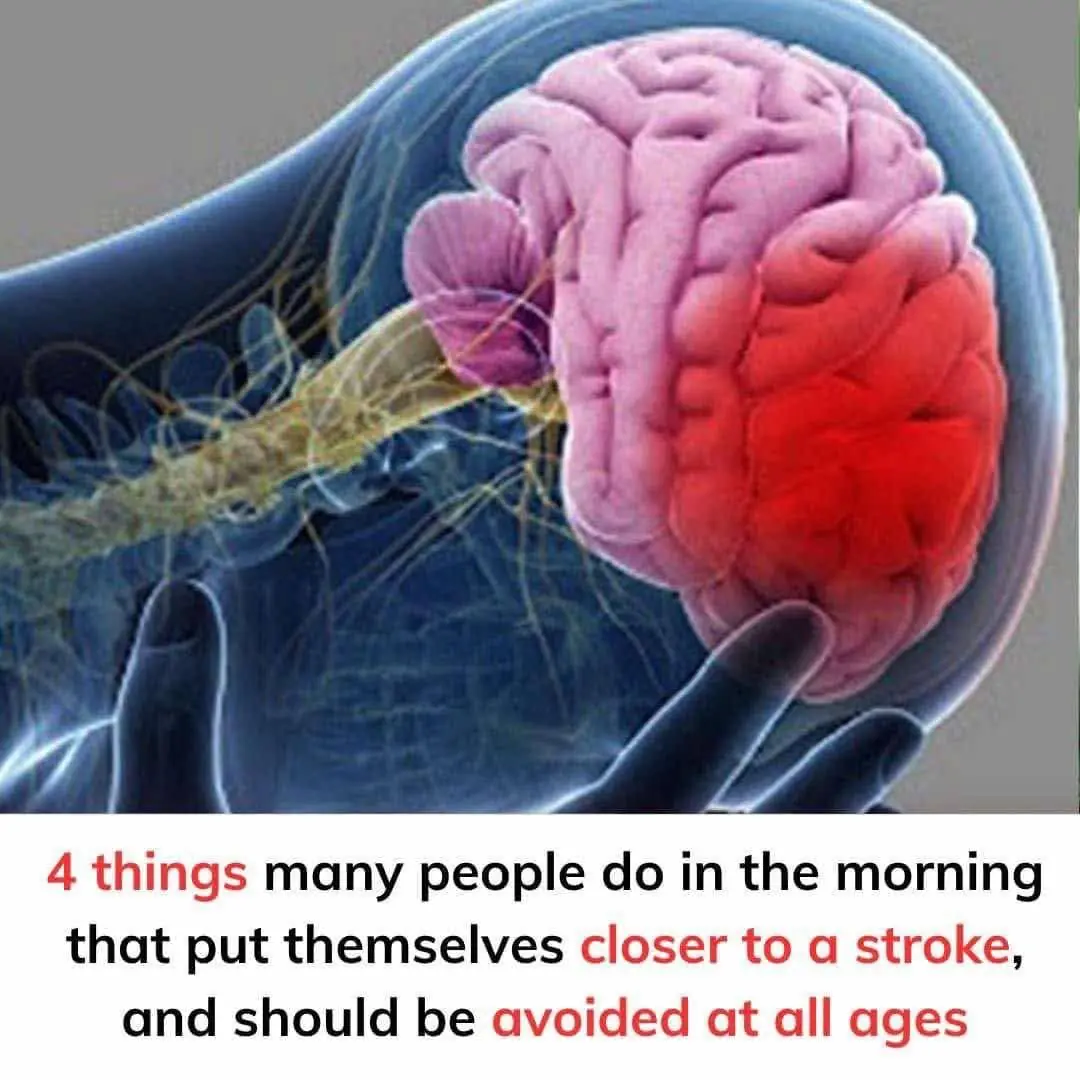
common morning habits that may increase your risk of stroke

New COVID Wave Surges — Health Officials Sound Alarm As Cases Double
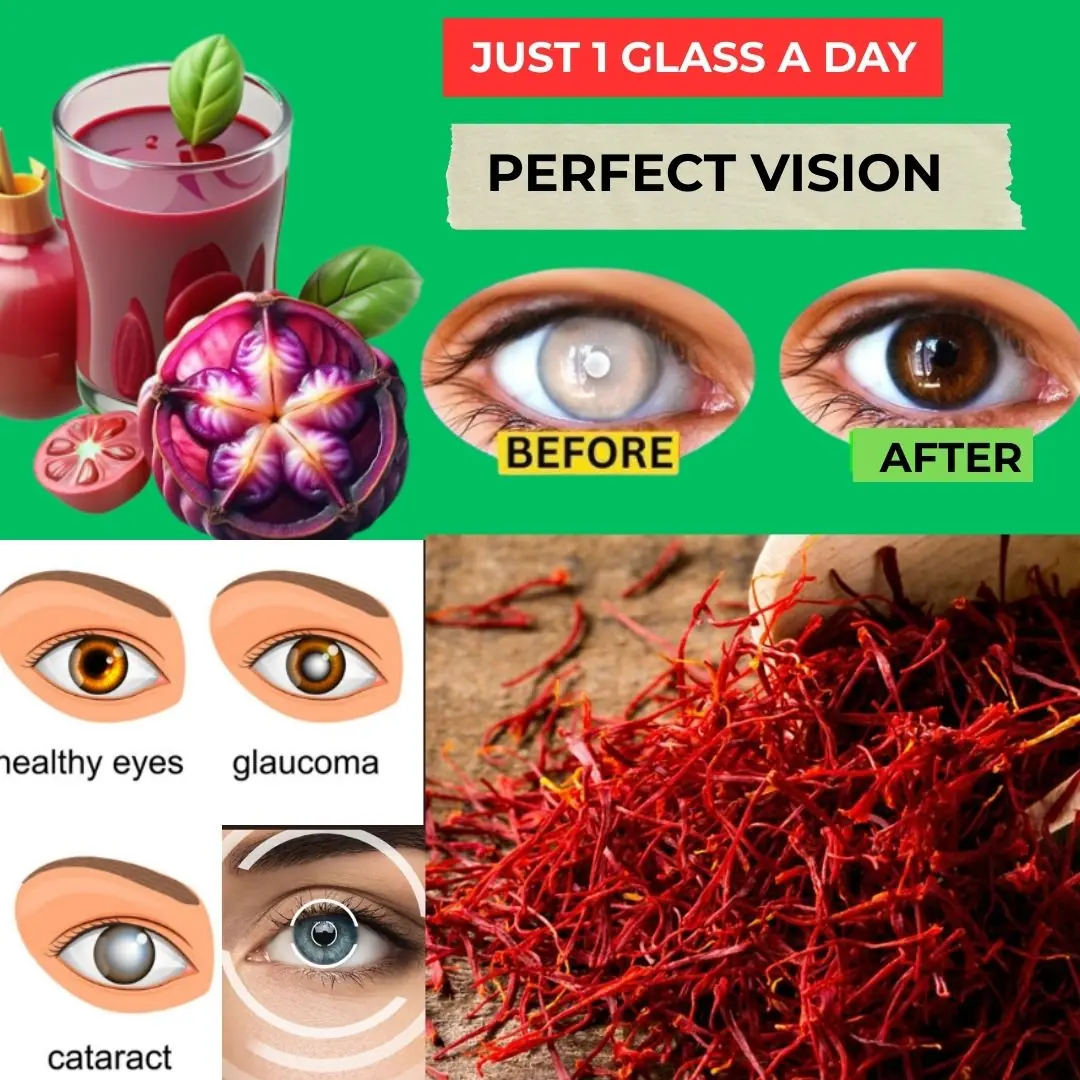
How to Improve Your Vision Naturally with One Simple Ingredient: Saffron

How to STOP Cravings FAST Without Dieting! (The Natural Ozempic?)

Doctors make disturbing discovery in the brains of heavy alcohol drinkers that 'can cause long-term effects'

World-first sperm race is happening soon and the creators have revealed how it will work
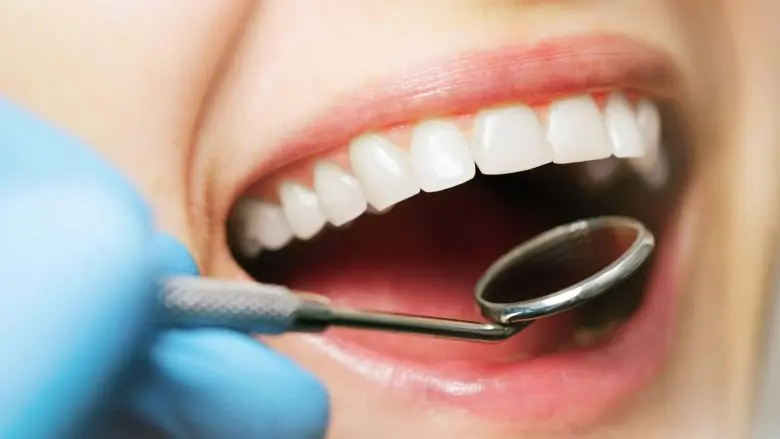
Scientists Grow First Fully Formed Tooth In Lab — A Groundbreaking Breakthrough
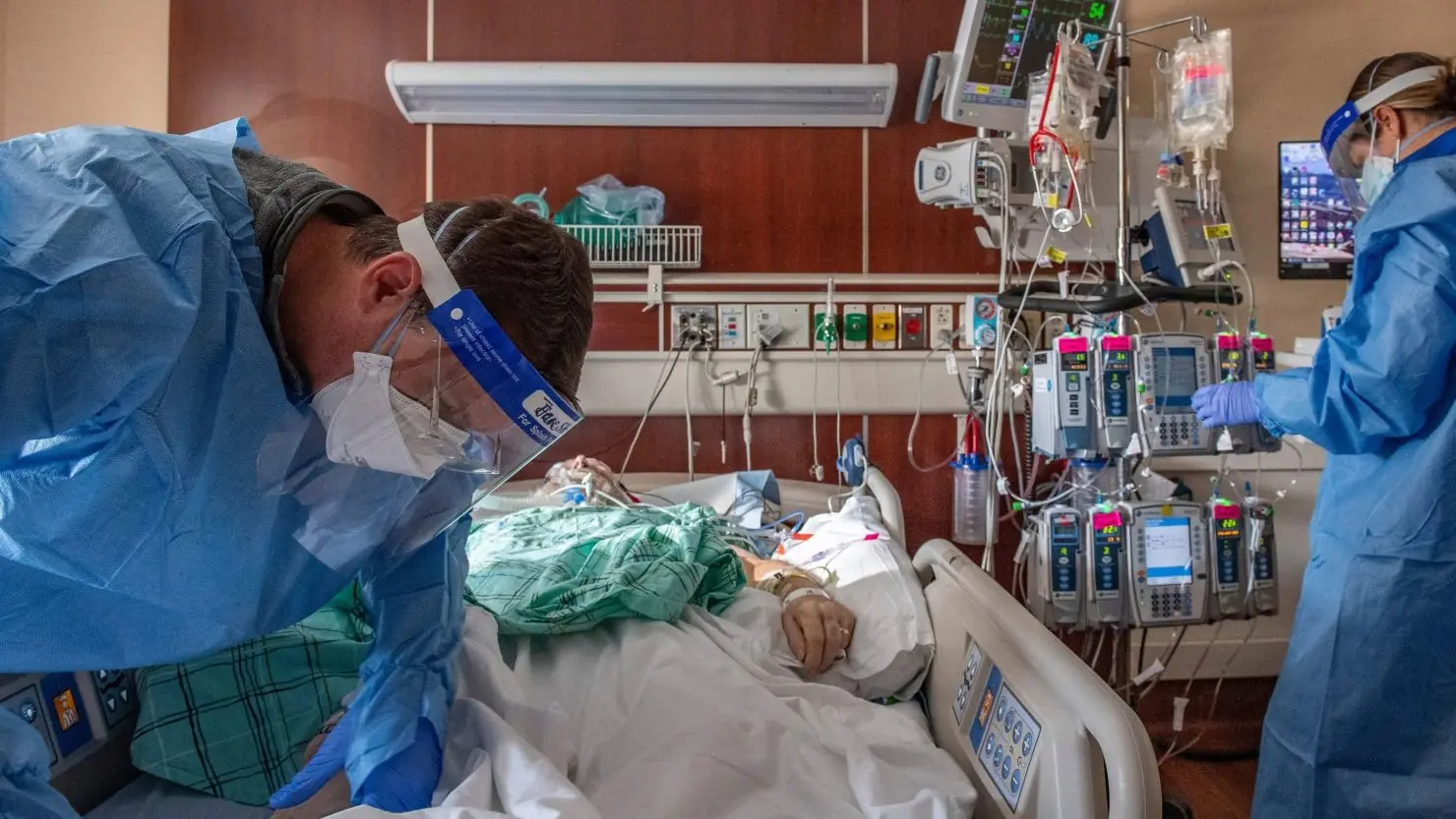
New COVID Wave Surges — Health Officials Sound Alarm As Cases Double

10 Things That Men May Find Unattractive About Women Over 50

8 Signs You Might Be Affected by Lactose Intolerance
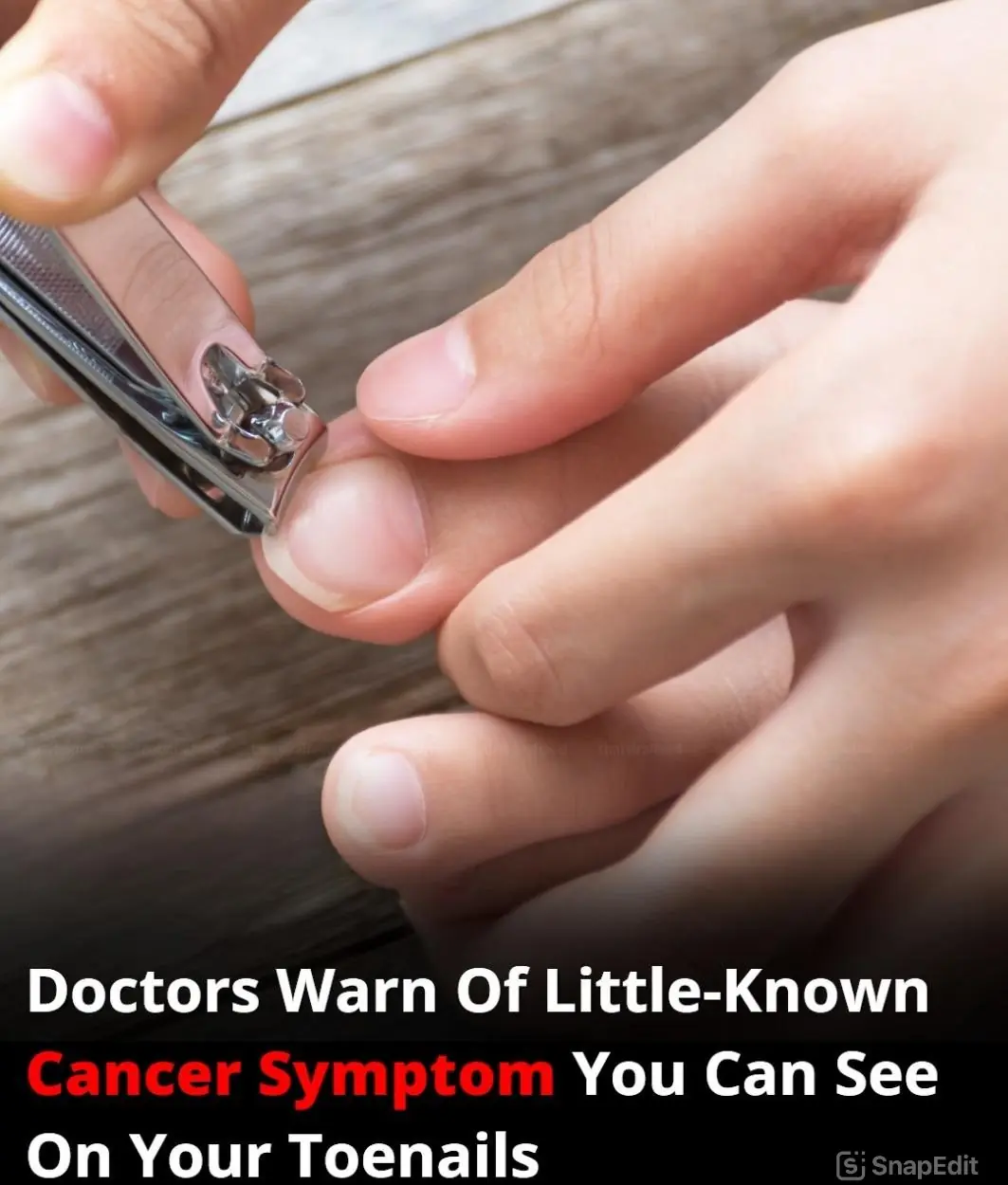
Doctors Highlight A Rare Cancer Symptom That Can Appear On Your Toenails
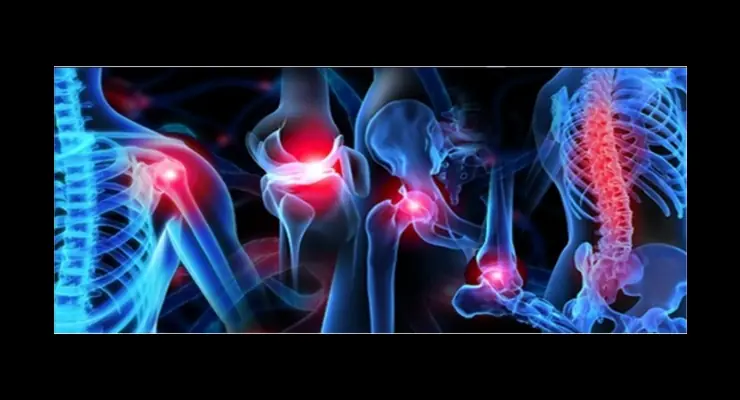
Stroke Warning Signs: When Your Body Sends a Silent SOS
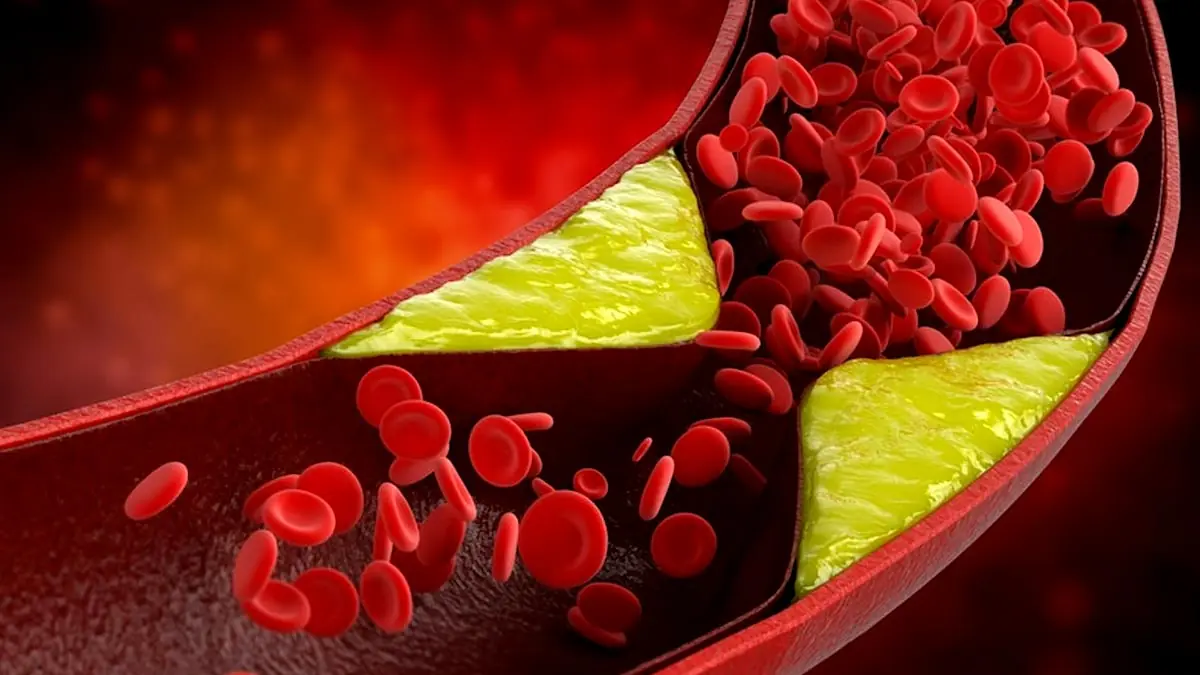
Understanding Cholesterol: The Good, the Bad, and How to Keep It in Check

Only 1 Cup a Day: Choose 1 of These 3 Drinks to CLEANSE Your Fatty Liver!
News Post

My MIL Thought I Was Not Beautiful Enough for Her Son, So I Entered a Beauty Contest to Win the Crown

Scientists Have Discovered An Alarming Rise in Advanced Prostate Cancer in California

How to Safely Remove Milia

Natural Methods to Destroy Bloating and Heartburn-Causing Bacteria in Your Gut

Doctor warns of the worrying symptoms that mean common disorder could actually be bowel cancer

15 Early Signs Your Body is Fighting Cancer

common morning habits that may increase your risk of stroke

New COVID Wave Surges — Health Officials Sound Alarm As Cases Double

Photographer of tragic little girl trapped in volcanic mudflow explains why he didn’t help her

How to Improve Your Vision Naturally with One Simple Ingredient: Saffron

How to STOP Cravings FAST Without Dieting! (The Natural Ozempic?)
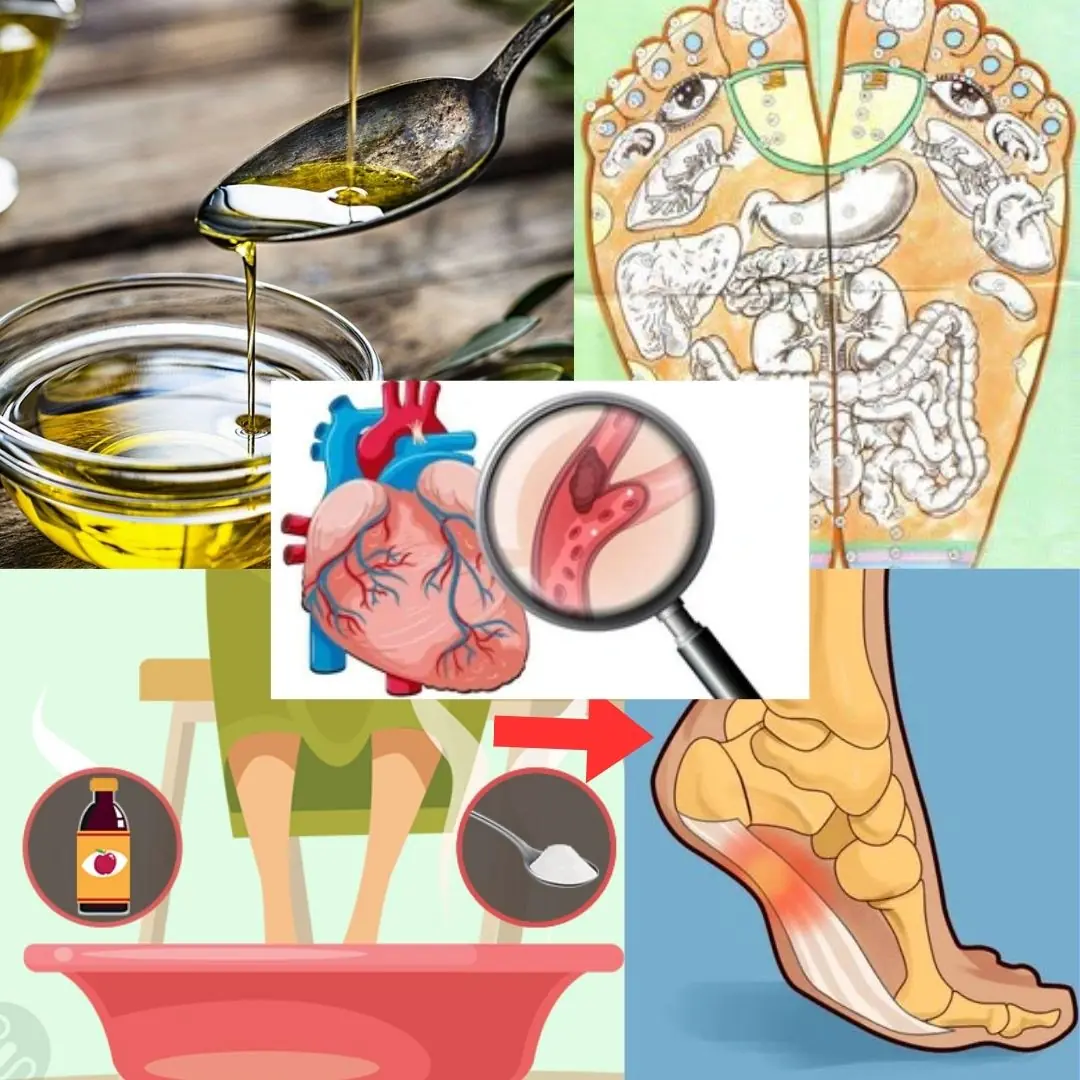
Homemade Natural Painkiller: A Simple 3-Ingredient Remedy for Fast Relief

URGENT: These Foods Improve Circulation INSTANTLY!

THEY BEGGED ME TO QUIT MY JOB TO WATCH MY GRANDKIDS – NOW THEY'RE DUMPING ME FOR DAYCARE
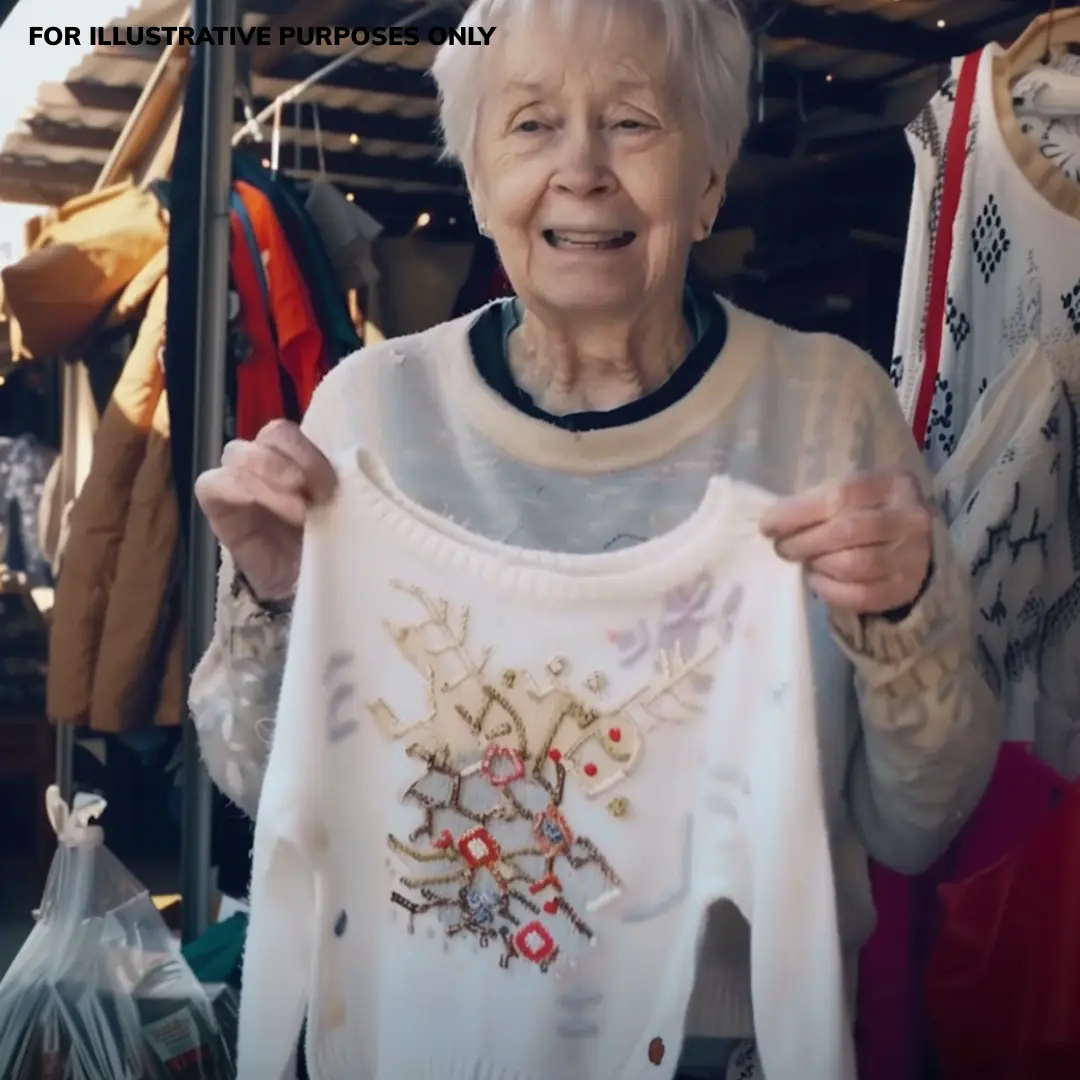
Grandma Saw the Sweater She Knitted for Her Granddaughter Donated and Decided It Was Time for a Talk About Appreciation

My Late Mom Left Me a Trust Fund, but My Dad Took Money from It for His Stepdaughter — I Finally Retaliated

My Husband Made Me Sell My Apartment to Pay Off His 'Business Debts' After Being 'Dumped' by His Partner — But It All Turned Out to Be a Lie

My Landlord Raised My Rent Because I Got a Promotion — Big Mistake Messing With a Single Working Mom of Three

All the Guests Brought Black Gifts to My Birthday Party — If Only I Knew What Was Coming
